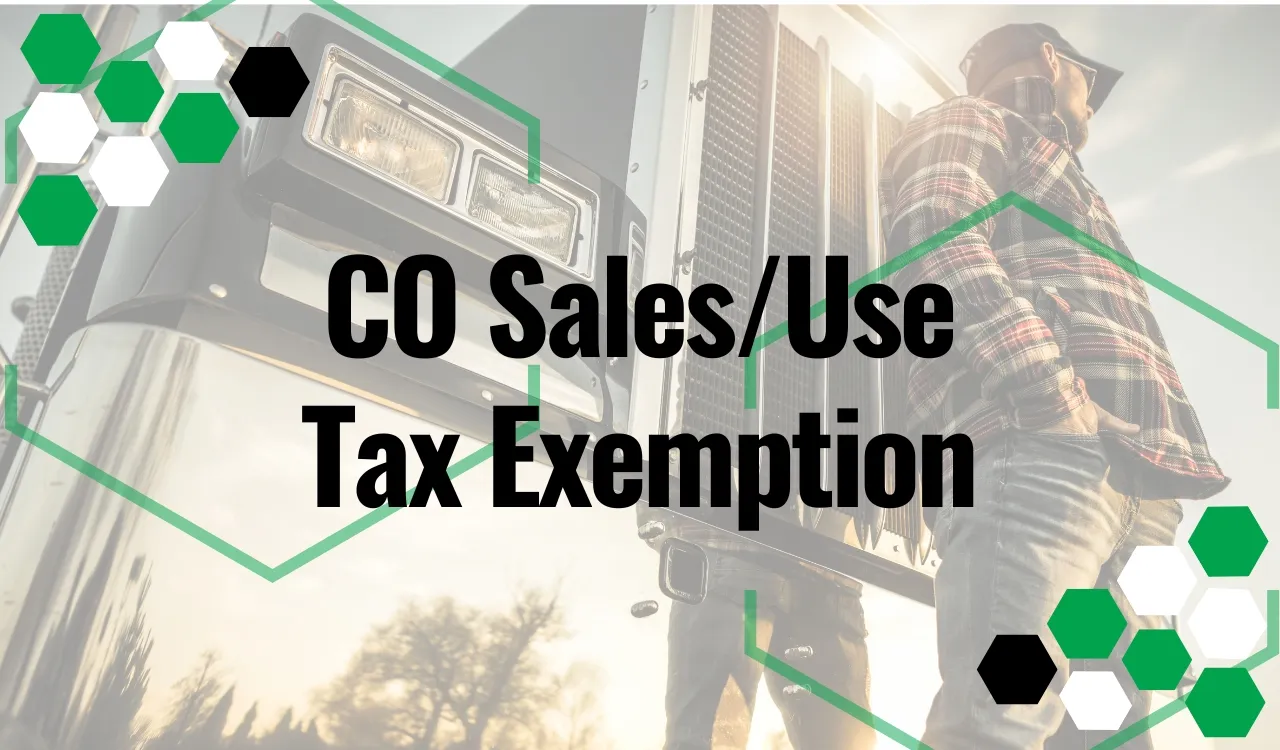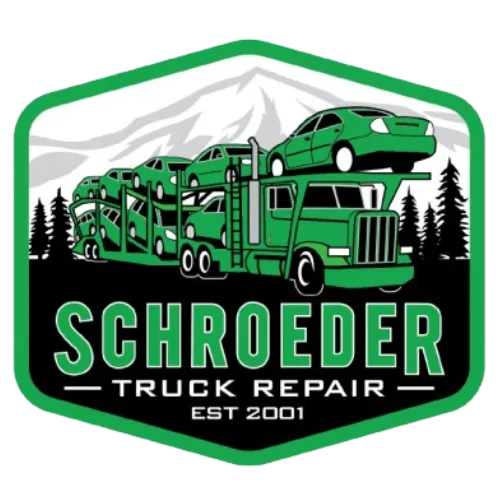Colorado’s Sales/Use Tax Exemption on Heavy-Duty Trucks: What You Need to Know in 2025

If you’re in the market for a heavy-duty truck in Colorado, you’ve probably heard talk about the state’s sales and use tax exemptions. Between legislative changes, weight classifications, and local rules, it can feel like a maze. At Schroeder Truck Repair and Schroeder Truck Sales, we want to make sure fleet owners, drivers, and businesses have the facts straight.
Here’s what you need to know about how the exemption works in 2025 — and what it means when buying, selling, or maintaining your trucks.
The Low-Emitting Heavy-Duty Vehicle Exemption
Colorado’s state sales/use tax exemption doesn’t depend on whether a buyer has a CDL — it’s all about weight, emissions certification, and sale date.
What qualifies?
- Trucks over 26,000 GVWR that meet EPA’s heavy-duty “national program” standards.
- Most 2010 and newer highway tractors qualify.
- Most 2010 and newer highway tractors qualify.
- 10,001–26,000 GVWR trucks have a narrower path, but some “category 4/7” trucks may qualify.
Key dates to know:
- Jan 1 – Jul 31, 2025: The exemption lapsed. Sales during this window generally did not qualify.
- Aug 1, 2025 and beyond: The exemption was reinstated and extended. Sales after this date are tax-free at the state level if they meet the criteria.
Local tax caveat: Colorado is a home-rule state. While many counties and cities (like Adams County) have added matching exemptions, rules vary. It’s always important to confirm the buyer’s location before finalizing a sale.
Interstate or Out-of-State Sales
Even if a truck doesn’t qualify under the low-emitting rule, there’s another path:
- Trucks, tractors, or semitrailers are exempt if they’ll be used exclusively out-of-state or in interstate commerce and are removed from Colorado within 30 days.
- This requires an affidavit, but it’s a separate and long-standing exemption.
What This Means for Buyers & Dealers
If you’re considering a new purchase through Schroeder Truck Sales, here’s the practical checklist:
- On/after Aug 1, 2025, GVWR >26,000, EPA compliant?
→ No state sales/use tax (verify local rules). - Jan 1–Jul 31, 2025 sale?
→ No state exemption (unless interstate use applies). - Registering out-of-state or exclusive interstate use?
→ Exempt with affidavit under CRS §39-26-712.
Dealers traditionally used Form DR 1369 for documentation. While the state paused this during the 2025 lapse, the Colorado Department of Revenue now expects proof of GVWR and EPA compliance on file. Counties may vary on whether DR 1369 is required, but documentation is always best practice.
Why This Matters to Truck Owners
When you’re investing in a heavy-duty truck or tractor, understanding exemptions can mean saving thousands of dollars upfront. But the job doesn’t stop at the sale. To keep your fleet rolling and compliant, you also need trusted heavy-duty truck repair and diesel repair services — and that’s where Schroeder Truck Repair comes in.
From routine maintenance to complex diesel diagnostics, our service team makes sure your investment keeps working hard on the road. Between Schroeder Truck Sales and Schroeder Truck Repair, we’ve got you covered from purchase to long-term performance.
Bottom Line
Colorado’s sales/use tax exemption for heavy-duty trucks is back as of August 1, 2025, but the details matter. Weight, emissions standards, sale date, and buyer location all play a role — and documentation is key.
At Schroeder Truck Sales, we help you navigate the purchase side with confidence. At Schroeder Truck Repair, we back it up with reliable diesel repair and fleet maintenance to keep your trucks on the road.
Looking to expand your fleet or need expert heavy-duty truck repair? Contact us today and let’s keep your business moving forward.
Need a Truck Repair Quote?
Visit us in person or get in touch. We're open Monday to Friday, 7AM-5PM. Or click here to schedule a service.


